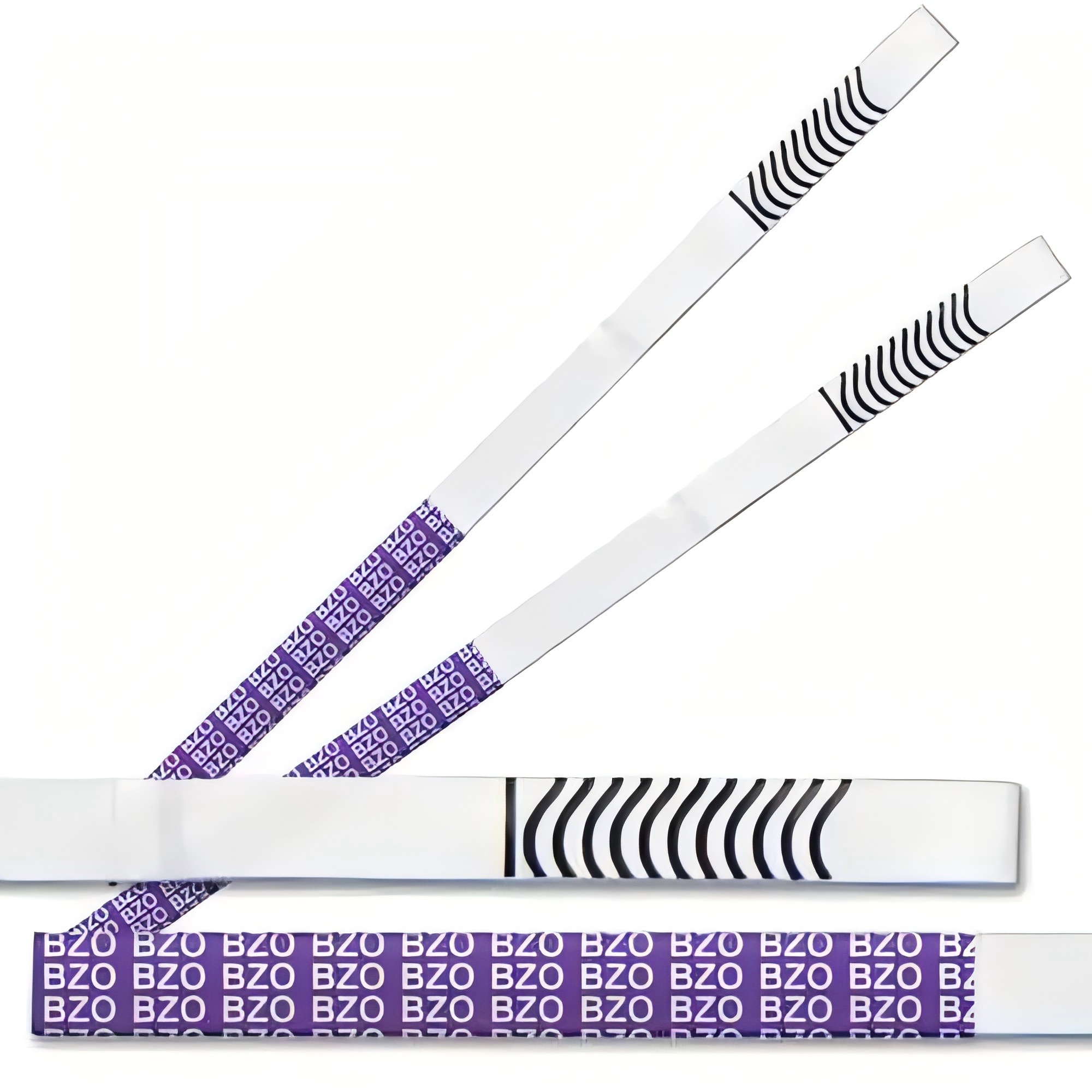Purpose and Application Differences
Forensic Testing Objectives
Forensic drug test kits are primarily used to provide evidence in legal proceedings. They are designed with rigorous standards and documentation to ensure that results are admissible in court. This includes maintaining a strict chain of custody and producing results that are highly reliable and resistant to tampering or misinterpretation.
Clinical Testing Objectives
Clinical drug tests, by contrast, aim to aid in the diagnosis and treatment of patients. These tests are part of a broader diagnostic toolkit and are not intended for use as legal evidence. The primary objective is to accurately identify substances that may affect a patient's health and to guide subsequent medical intervention.
Stringent Standards in Forensic Testing
Chain of Custody
Forensic tests require a well-documented chain of custody to maintain the integrity of the specimen. This process ensures that the sample has not been tampered with and can withstand legal scrutiny. The absence of such documentation in clinical settings means these tests are not suitable for legal purposes.
Admissibility in Court
To be admissible in court, forensic tests need to meet specific legal criteria. This includes a higher standard of accuracy and reliability, as well as documented methodologies that are universally accepted in the legal system. Clinical tests do not require these standards and are not typically admissible as evidence in legal cases.
Consent and Specimen Identity
Consent Requirements
Forensic testing often requires documented consent due to its legal implications. In contrast, clinical testing generally operates under assumed consent, especially in emergency medical situations, unless specific patient refusal is documented.
Identity Verification
The verification of specimen identity is crucial in forensic testing. This ensures that the sample corresponds to the correct individual, preventing any false associations that might arise during legal proceedings. Clinical tests assume specimen identity unless discrepancies arise, allowing for more flexible handling procedures.
Error Handling in Both Testing Types
Forensic Error Handling
In forensic testing, errors can have significant legal ramifications. Therefore, forensic labs have stringent protocols for handling errors, including immediate investigation and documentation. Recollection of samples is rarely an option due to the potential for time lapse affecting results.
Clinical Error Handling
Clinical tests allow greater flexibility in error handling. If a clinical test result is suspected of error, the test can often be repeated with a new sample. This approach is feasible in a clinical setting because the primary goal is patient care, not legal documentation.
Specimen Collection Challenges
Complexity in Forensic Collection
Forensic specimen collection requires adherence to strict protocols to avoid contamination or tampering. Techniques such as using sealed containers and maintaining environmental control are standard, ensuring the sample's suitability for legal evidence.
Clinical Collection Procedures
Clinical specimen collection is less restrictive than forensic collection, focusing primarily on obtaining a sample suitable for diagnostic analysis. The flexibility in procedures acknowledges the dynamic nature of patient care and the need for rapid diagnosis.
Legal Implications of Forensic Results
Impact on Legal Outcomes
Forensic test results can significantly impact legal proceedings. A positive result may lead to legal actions such as prosecution or mandatory rehabilitation programs. These results must be precise and legally defensible, with every aspect of the testing process thoroughly documented.
Jurisdictional Variations
Legal implications of forensic testing can vary by jurisdiction, influencing how results are used and the subsequent legal actions. Understanding these jurisdictional nuances is critical for forensic practitioners to ensure compliance with local laws.
Importance of Forensic Competence
Standards and Accreditation
Forensic labs must adhere to recognized standards and often require accreditation to demonstrate competence. This ensures that they meet the required legal and scientific standards for forensic analysis, which is crucial for the integrity of the justice system.
Impact of Incompetence
A lack of competence in forensic settings can lead to incorrect or inadmissible results, potentially affecting legal outcomes. This underscores the importance of rigorous training and adherence to established procedures within forensic laboratories.
Differences in Testing Environment and Procedures
Forensic Environment
Forensic testing environments are highly controlled, with emphasis on security and documentation. This controlled environment ensures that all procedures are consistently applied to maintain the test's integrity as legal evidence.
Clinical Environment
Clinical testing environments are focused on efficiency and patient care. The procedures are flexible to accommodate various medical scenarios, emphasizing speed and accuracy in diagnosis over legal documentation.
Challenges with Instant POCT and Forensic Testing
Instant POCT Limitations
Point of Collection Testing (POCT) provides quick results but lacks the stringent procedures required for forensic tests. POCT's susceptibility to errors such as false positives and the lack of a documented chain of custody make it unsuitable for forensic purposes.
Forensic Testing Rigor
Forensic tests require more rigorous methodologies and often involve complex technologies like gas chromatography/mass spectrometry to confirm results. This rigor ensures that the results meet legal standards and are less prone to errors compared to POCT.
Regulatory and Compliance Considerations
Regulatory Framework
Forensic drug tests are subject to strict regulatory frameworks that dictate how tests should be conducted and reported. Compliance with these regulations is crucial to ensure that results are admissible in court. Clinical tests, however, are regulated with a focus on patient safety and efficacy.
Role of Manufacturers and Suppliers
Manufacturers and suppliers play a crucial role in ensuring that forensic and clinical test kits meet the necessary quality standards. Factories must adhere to stringent production guidelines to ensure the reliability and accuracy of their products.
Hysen Provide Solutions
Hysen offers comprehensive solutions for drug testing that bridge the gap between forensic and clinical needs. By leveraging advanced technology and adhering to strict regulatory standards, Hysen ensures the reliability and accuracy of drug test kits. Our solutions are designed to meet the diverse needs of both legal and medical communities, providing tools that are reliable, efficient, and compliant with current standards. Whether you are a manufacturer, factory, or supplier, Hysen's expertise in drug testing solutions can enhance your operations and ensure that all testing requirements are met with precision.
User hot search: Forensic Use Only Drug Test Kit
Post time: Sep-14-2025
















